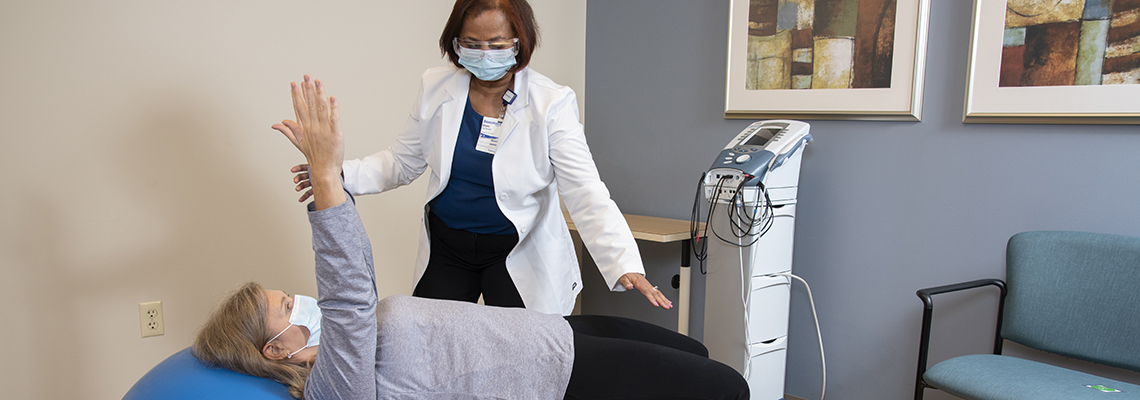Improving Rehab Outcomes Via Effective Practical Movement Assessment Protocols
Improving Rehab Outcomes Via Effective Practical Movement Assessment Protocols
Blog Article
Functional Movement Screening (FMS) is a beneficial instrument used to assess an person's mobility patterns. This screening aids determine any deficiencies or imbalances in the musculoskeletal system, which can result to injuries if not corrected. In recovery settings, FMS can serve a crucial role in improving rehabilitation outcomes. By understanding how each individual navigates, healthcare providers can design focused recovery programs that focus on enhancing strength, mobility, and general performance.
One of the key benefits of using FMS in recovery is its ability to identify particular areas that need enhancement. For example, if a patient has difficulty with squatting or lunging, it may suggest a lack of flexibility in their hips or ankle joints. This information allows therapists to formulate customized exercise programs that highlight correcting these shortcomings. As a result, patients are more likely to regain their strength and ability, which is crucial for resuming to daily tasks or athletics.
Incorporating effective FMS procedures can also assist prevent future harm. Many injuries happen due to inefficient movement patterns or excessive use of certain muscular clusters. By screening patients before they begin a rehabilitation program, clinicians can detect hazards and implement approaches to reduce them. Informing patients about proper Get More Info movement patterns and enhancing underdeveloped aspects can lead to long-term advantages, ensuring that they remain engaged and healthy.
Additionally, the use of FMS can improve dialogue between healthcare providers and clients. When patients witness their mobility mechanics assessed and clarified, they gain a better understanding of their rehabilitation process. This transparency builds confidence and encourages patients important source to take an engaged part in their recovery. By engaging patients in their recovery process, they are more likely to adhere to prescribed activities and lifestyle adjustments that support better outcomes.
In conclusion, enhancing rehabilitation results through efficient functional mobility screening procedures is crucial for both clients and healthcare professionals. By accurately assessing mobility mechanics, clinicians can create customized recovery programs that address specific requirements. This not only aids in recovery but also helps prevent future injuries. As patients become more involved in their rehabilitation journey, they are likely to attain their goals and maintain a healthy, active way of living.